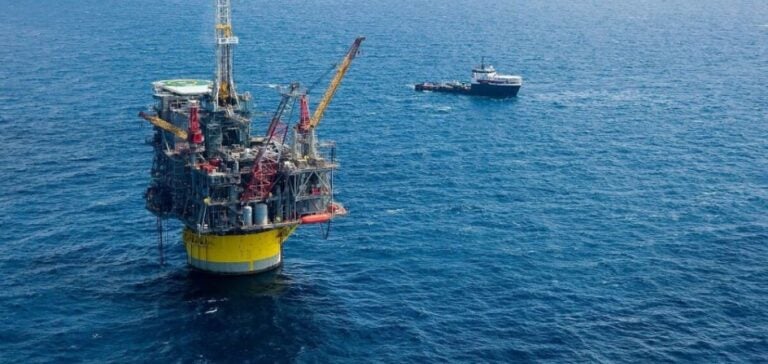Shell Offshore Inc., a subsidiary of Shell plc, has announced its Final Investment Decision (FID) for Phase 3 of the Silvertip project, located in the Gulf of Mexico. This project plans to add two wells to enhance production at the Perdido site, an offshore facility operated by Shell. This phase is expected to produce up to 6,000 barrels of oil equivalent per day (boe/d) at its peak, with production anticipated to start in 2026.
Collaboration and strategic location
Phase 3 of Silvertip is a collaboration between Shell, holding 40% of the shares, and Chevron, the majority stakeholder with 60%. The project exploits the Silvertip Frio reservoir and will integrate with existing subsea infrastructure. Strategically located in the Gulf of Mexico corridor, about 200 miles south of Galveston, Texas, at a depth of 8,000 feet, the project leverages a short-cycle development model to optimize costs and timelines.
Low-carbon production
The investment aligns with Shell’s strategy for low-carbon oil production, a priority in the region. According to Rich Howe, Shell’s Executive Vice President of Deep Water, “this decision reflects our commitment to high-margin, low-greenhouse-gas-intensity barrels.” The Gulf of Mexico is recognized for its low carbon footprint among the world’s major oil-producing regions.
Additionally, Gulf of Mexico production contributes to U.S. energy security while meeting the growing global demand for cleaner energy. The recoverable volumes for Phase 3 are estimated at 17 million barrels of oil equivalent, classified as 2P resources according to the Society of Petroleum Engineers’ classification system.
A robust economic model
With internal rates of return (IRR) exceeding thresholds for Shell’s upstream projects, Phase 3 of the Silvertip project represents a strategically profitable investment. The economic model leverages proximity to existing infrastructure, reducing costs and accelerating production. This approach reflects Shell’s strategy to maximize the value of its assets while minimizing environmental impacts.
Strengthening Shell’s presence in the Gulf of Mexico
This project also reinforces Shell’s position as a major operator in the Gulf of Mexico, where it holds a significant interest in the Perdido regional hub. Perdido, which hosts multiple offshore fields, remains a key pillar of oil production in the region.






















